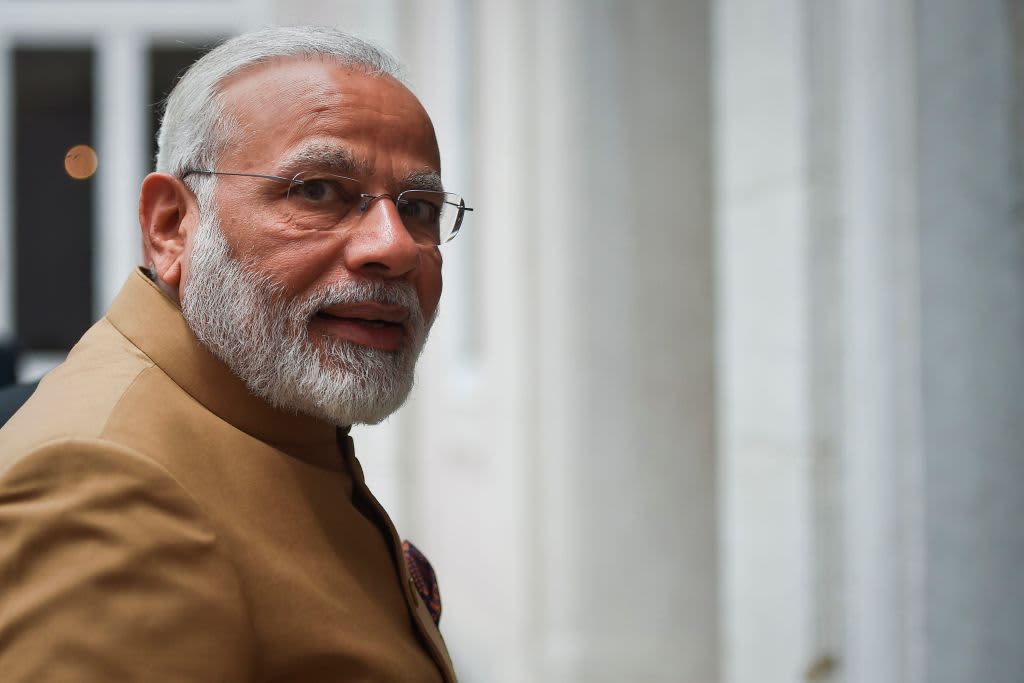Chinese state media accuses India of ‘jingoism’ over app ban

Indian Prime Minister Narendra Modi looks on upon his arrival before a meeting at Necessidades Palace in Lisbon on June 24, 2017.
Patricia De Melo Moreira | AFP | Getty Images
Chinese state media slammed India’s ban of more than 100 Chinese apps, calling it a move to build nationalist sentiment and decouple economically from China.
On Tuesday, India’s Ministry of Electronics and Information Technology released a list of 118 apps that would be banned in the country, including major gaming titles from Tencent and NetEase and services from Baidu and Alibaba affiliate Ant Group.
The Indian government cited national security concerns as a reason behind the ban.
India’s move comes against the backdrop of rising geopolitical tensions with China over the disputed Himalayan mountain border in the region of Ladakh. Tensions have flared up again after a fatal clash between the two nations left 20 Indian soldiers dead in June.
China’s state media has criticized India’s actions.
Global Times, a tabloid under the People’s Daily, which is the official newspaper of the Communist Party of China, said India’s app ban shows a “reckless intention to further decouple” with the world’s second-largest economy economically.
“The move is a double-edged sword which will cause losses to both China and India, while offering a perfect opportunity for the US to take over the market.”
Experts also told CNBC that U.S. technology giants like Facebook and Google could take advantage of a broader crackdown on Chinese technology by India, while helping the country’s domestic start-ups.
Chinese companies and investors have put an estimated $4 billion into India’s start-ups, according to think tank Gateway House.
“Actual reasons lurking behind the highly symbolic move are New Delhi’s intention to antagonize China and cause losses to Chinese investors,” the Global Times claimed, adding that American capital will “embrace the rosy opportunity to squeeze in and take over Chinese investors’ market share.’
China Daily, another Chinese state-backed publication, called New Delhi’s actions “a misguided move that, except for fanning nationalist sentiment and jingoism in India, serves no interests.”
A Tencent-developed game called “PUBG Mobile Nordic Map: Livik” was on the list of banned apps. It was the highest grossing app in terms of revenue on the entire list, according to Sensor Tower.
China Daily claimed banning it will deal a “heavy blow” to the streamers, professional players and businesses whose “livelihoods depend on it.”
“Yet all this is not in the minds of politicians in New Delhi, whose only concern is how to whip up hostility toward China, no matter the consequences, for their own political gain,” the state-backed publication said.
India’s economy plunged 23.9% in the second quarter of this year while it is struggling to contain the coronavirus outbreak. China Daily alleged the border spat with China is “a handy tool to divert public attention from the virus and cover up their ineptitude in governance.”